INNOVATION FOR IMPACT
How Totahara Flour is enhancing Nutrition and Employment in Burundi, Rwanda and Democratic Republic of Congo (DRC), Africa
- Sector: Agriculture
- Sub Sector: Food Processing
- Geography: Burundi, Rwanda & Democratic Republic of Congo, Africa
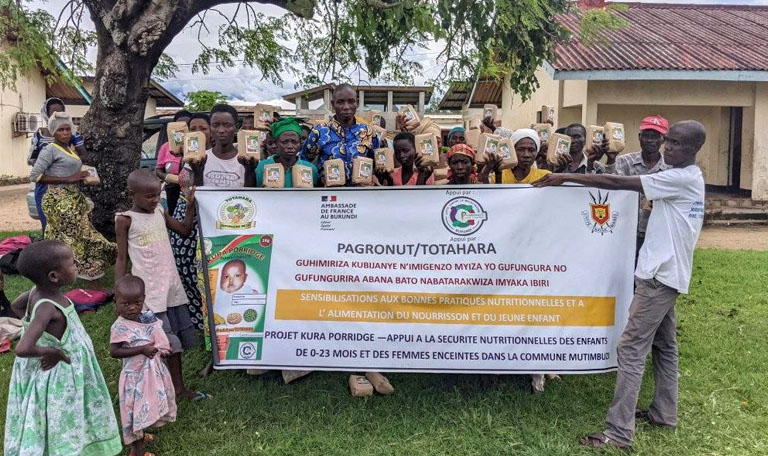
Background:
Totahara, a woman-owned enterprise based in Burundi, is making significant strides in the fight against malnutrition while empowering women in agriculture. Founded and led by Christella Di Ndayishimiye, the company specialises in producing and distributing KURA—a nutrient-rich, bean-based porridge flour fortified with iron and zinc. With a strong domestic presence and growing regional demand, Totahara supplies its products across Burundi and exports to neighbouring countries, including the Democratic Republic of Congo (DRC) and Rwanda.
Totahara has significantly strengthened its operations and regional footprint following support from the Good Food Innovation Fund (GFIF). The funding enabled the company to procure essential raw materials—including beans, corn, and soybeans—resulting in a sharp increase in production capacity. Monthly output surged from 25 to over 40 metric tons, while exports to the DRC more than tripled from 3 to 10 tons per month. This expansion has drastically reduced delivery times for Congolese customers—from two weeks to just one—boosting both customer satisfaction and reliability.
Despite persistent challenges such as frequent power cuts and ageing machinery, Totahara has successfully scaled its market presence in Burundi and the DRC while deepening its supply chain partnerships. A key milestone was the formalisation of its procurement process through signed contracts with trusted raw material suppliers, reducing financial risk and enhancing business continuity that previously depended on pre-financing cooperatives.
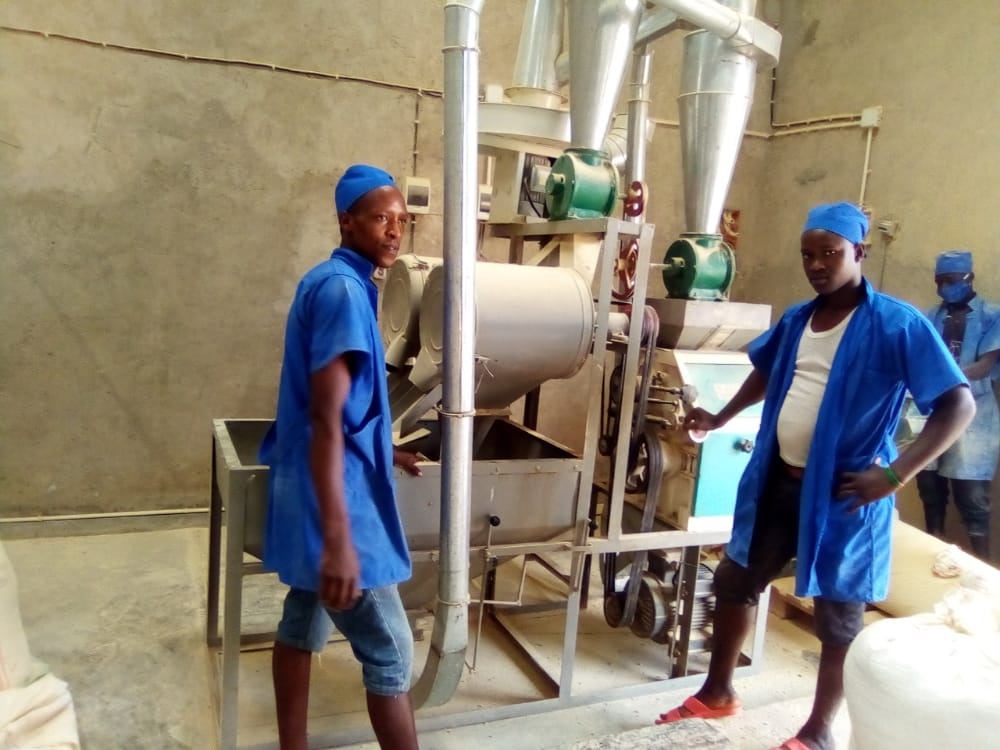
The Challenge:
The enterprise faced several operational and market barriers such as limited production capacity, frequent power outages and the inability to meet rising demand, particularly from clients in the Democratic Republic of Congo (DRC). At its pre-investment stage, Totahara’s monthly output was capped at 25T, causing delays of up to two weeks for cross-border deliveries. These constraints also limited the enterprise’s ability to expand its workforce and meet the nutritional needs of vulnerable populations such as school children.
Solution: Scaling Through Innovation and Strategic Support:
With catalytic funding and support from the Good Food Innovation Fund (GFIF), Totahara implemented key improvements:
Expanded production capacity: Scaled up flour output from 25T to over 40T per month.
Secured raw material supply: With the catalytic funding, Totahara was able to establish partnerships with local farmers to ensure a reliable supply of raw materials—biofortified beans, sesame, and wheat.
Focused on impactful distribution: Prioritised supplying flour to school feeding programs, with a special focus on underserved communities like the BATWA, improving nutrition and educational outcomes for children.
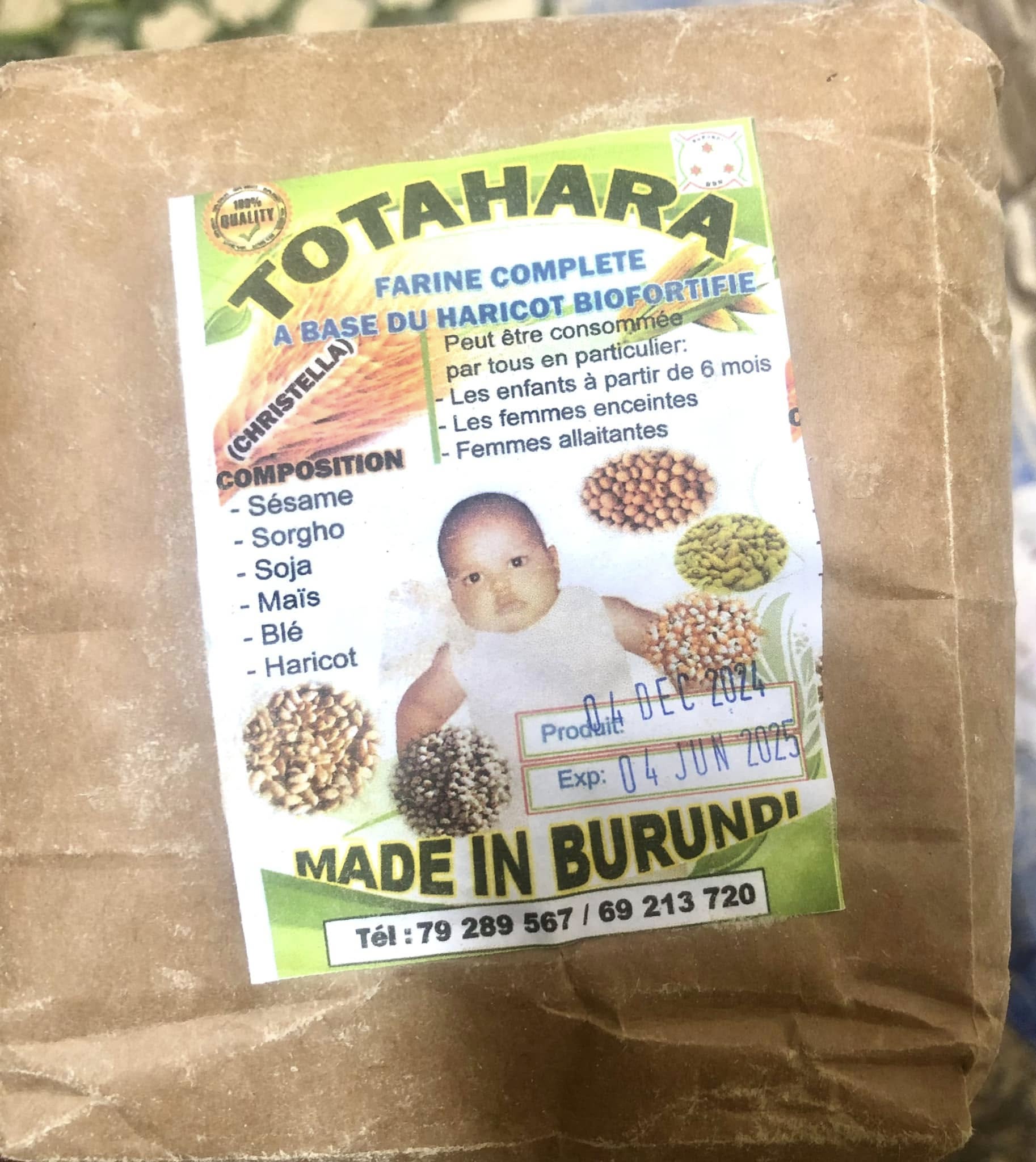
Impact Outcomes:
Enhanced export capacity: Sustained exports of 20T of Totahara flour monthly to the DRC.
Improved nutrition for children: Over 6,000 school-aged children benefited from the enriched flour through school meals, resulting in better concentration and academic performance.
Foundations for job creation: While immediate job growth was modest due to capacity constraints, the intervention laid the groundwork for future employment expansion, with an emphasis on hiring women and youth.
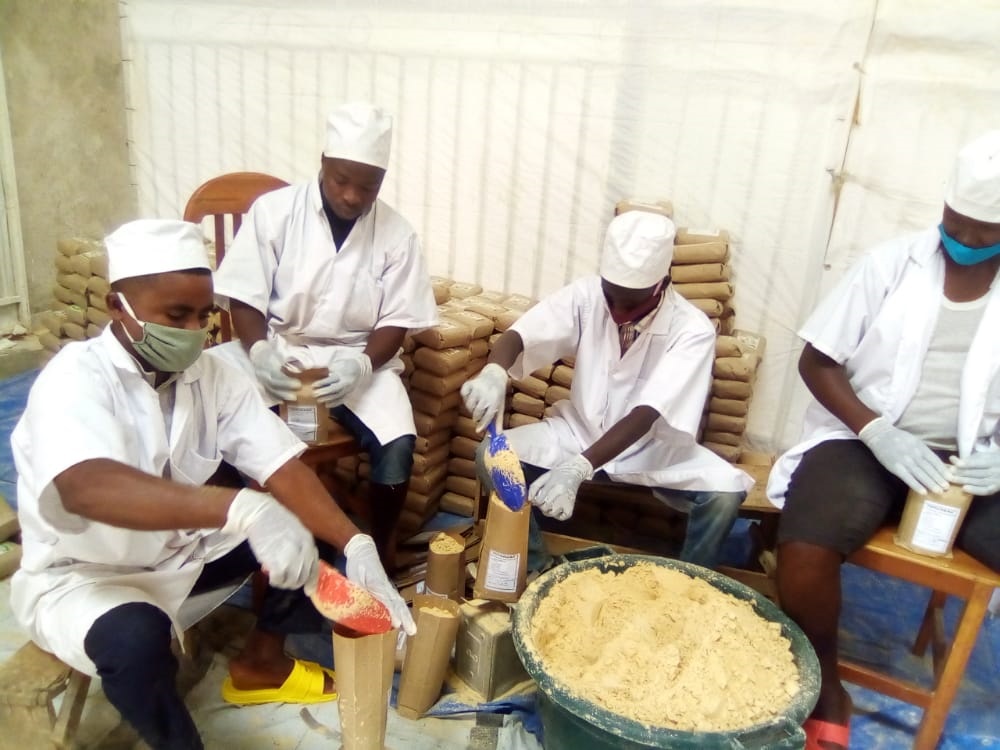
Key Learnings:
Access to financing drives scale: Financial support was instrumental in overcoming infrastructure limitations and scaling production to meet rising market demand.
Local sourcing builds resilience: Collaborating with local producers strengthened Totahara’s supply chain, supported local agriculture and reduced dependency on external inputs.
Nutrition-focused interventions yield broader social benefits: School feeding programs using enriched flour not only improved children’s health but also enhanced educational outcomes and attendance, particularly in marginalised communities across Burundi
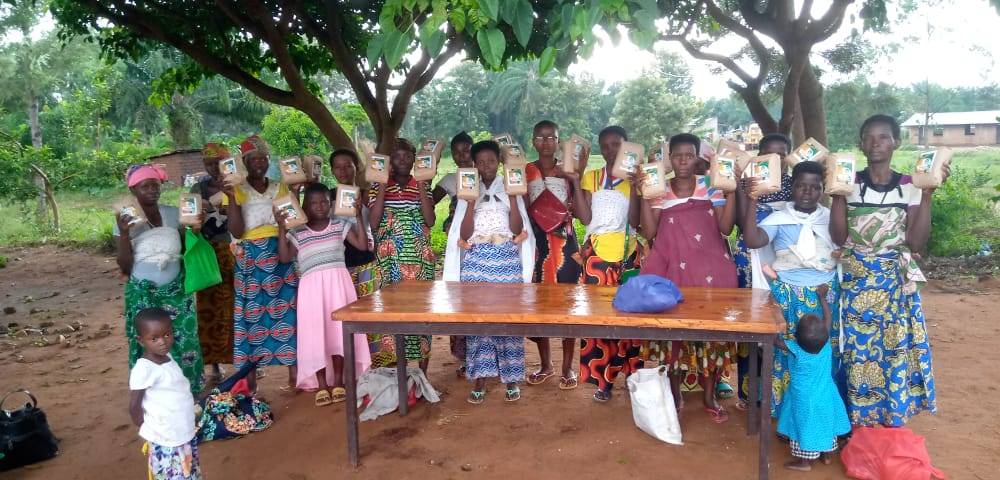
The Road Ahead:
Totahara’s impact spans across rural farmers, urban youth, health professionals, and cross-border customers. The voices below reflect how the enterprise’s nutrient-enriched flour has transformed livelihoods, improved nutrition, and spurred demand across Burundi and the DRC. With rising production volumes, expanded regional sales, and enhanced internal capacity, Totahara is on a promising trajectory to become a leading force in East Africa’s fortified food sector—delivering both nutrition and empowerment at scale.
Find compelling testimonials on Totahara’s Offical Website –https://Totahara.bi/
Call to Action:
If you are a startup in the Good Food and Nutrition space in Africa and would like to know more, please write to us at marketing@intellecap.net




